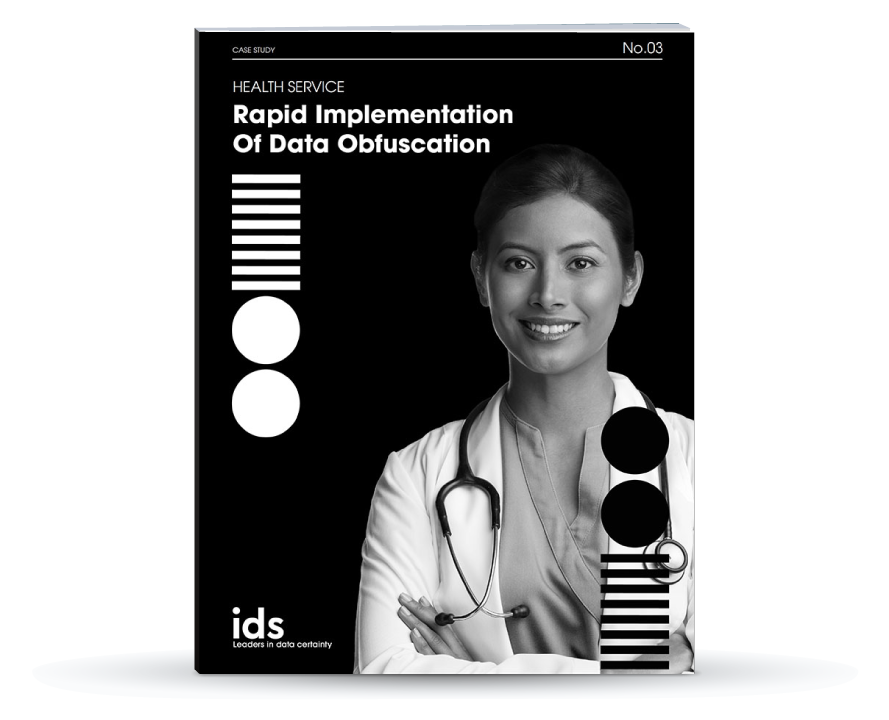Data Quality in Healthcare

Quality data is vital in evaluating the global prevalence of disease and implementing public health strategies. We inhabit in an age of unprecedented technological improvement, which has allowed us with enhanced access to data.
The healthcare sector is increasingly embracing and scaling up modern technological data analysis and management platforms, which has provided the sector with many functional changes, such as treatment personalization, improved effectiveness in policy formulation, and the opportunity to exchange useful data between complementary entities.
Improving the healthcare data quality starts by understanding the basic concepts of data quality management, why quality data is essential, and some of the most common issues to avoid. It can assist every healthcare sector in improving data quality by identifying the attributes of effective data quality, as well as indicators of other healthcare industries, and realizing where it is going in the near future.
What is data quality management?
Data quality management is a collection of processes and technology for the efficient convergence and evaluation of data sources, the safe cooperation of trusted partners, the managing of lifecycle methods such as duplication and accumulation, and the secure exchange of results while preserving confidential customer information.
In the healthcare sector, maintaining data accuracy efficiently is especially important. Electronic healthcare reports and records are not only profoundly regulated by strict enactments, such as Health Insurance Portability and Accountability (HIPA), but actual interventions and policies are also affected. They have a very tangible and direct impact on the lives of individuals.
Why Quality Data is Essential
Global aid attempts to better the lives of the world’s poor are being undermined by poor and incomplete information. Good choice-making in public health relies on accurate and timely data and statistics. In order to measure the extent and distribution of the disease epidemic, it is essential to collect quality clinical data so that initiatives can be implemented to meet health needs worldwide. Vital statistics, such as childbirth, deaths, and causes of death, are also essential in order to address health needs and document progress towards the Millennium Development Goals (MDGs) and other strategic objectives. Quality data is a key factor in a healthcare setting because it can maximize the care rendered. For instance, a report on child mental health care found that when a data quality enhancement initiative was introduced, 58 percent of the patients reported improved results.
It is also equally critical that the scientist should not use faulty data for programming or estimating purposes, as the resulting medical mistakes can lead to long-term patient harm or death and economic losses.
Problems caused by poor data quality
While ensuring strict data quality, it may seem like a lower-level operating or integration issue; this issue must be treated seriously by all stakeholders. In an organization, bad data quality could cause problems. This influence involves the consistency of services and choice-making at the policy level.
The frustration of patients and mistreatment
An individual has to manually act to correct inconsistencies or inaccuracies where source data has been incorrectly entered into an electronic healthcare system. This can contribute to the complications and even mistreatment, all of which lead to patients getting poor experience.
Ineffective policy choices
As health officials and leadership increasingly rely on big databases to make better and more informed choices, inaccuracies can lead to choices that are inappropriate or based on statistically meaningless findings compared to otherwise accurate, clean data. Given that choice-making is always performed from transformed and aggregated datasets, even minor inaccuracies in a data source can compound when impacting several, downstream transformations or when combined with larger datasets.
If you need help, iData is here! You can also check out the Getting Started with Data Quality and Advancing Your Career in Data courses from the iData Quality Academy.

100% Data Assurance for a Healthcare Organization
iData performed rapid implementation of data obfuscation to eliminate risk and reduce the cost of delivering test data at scale.


